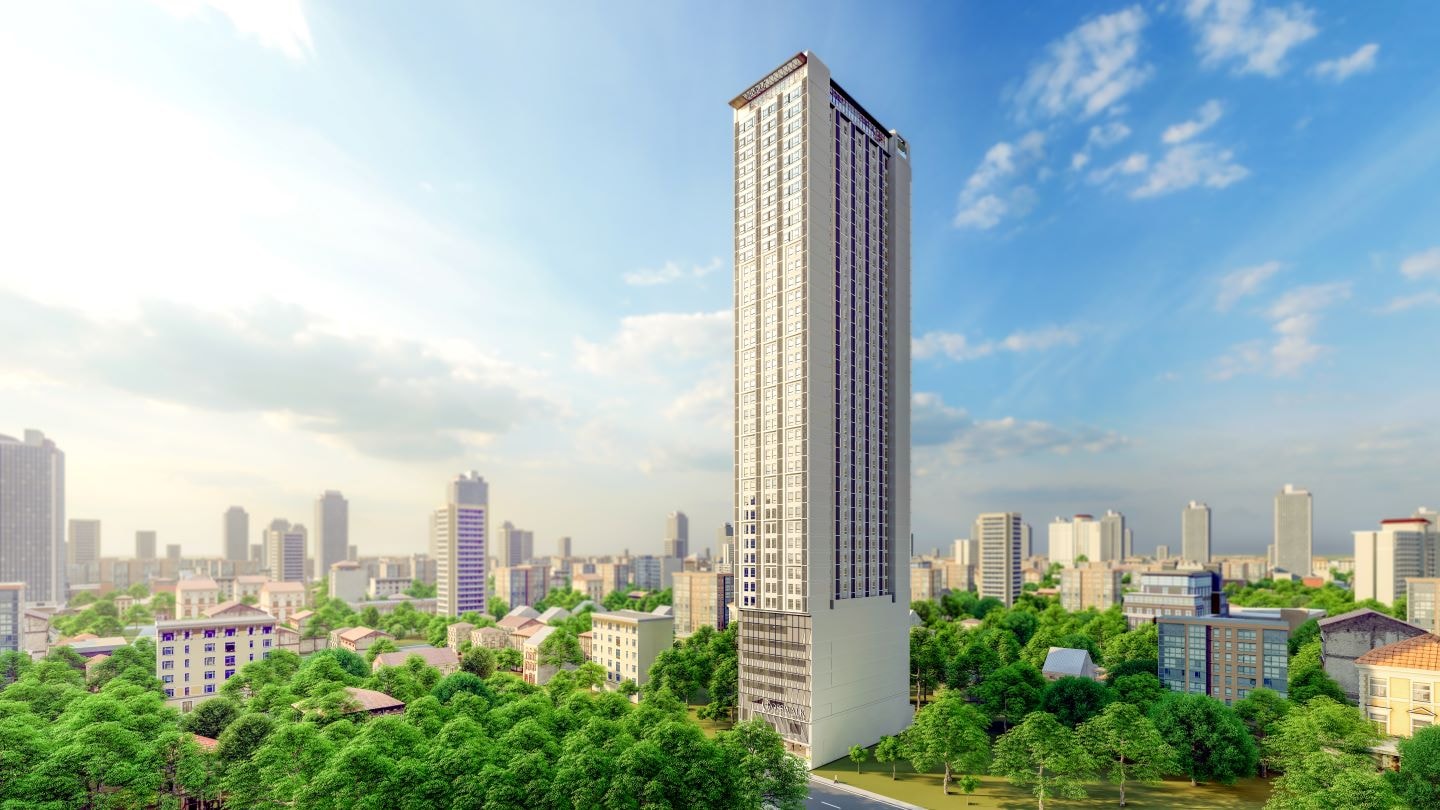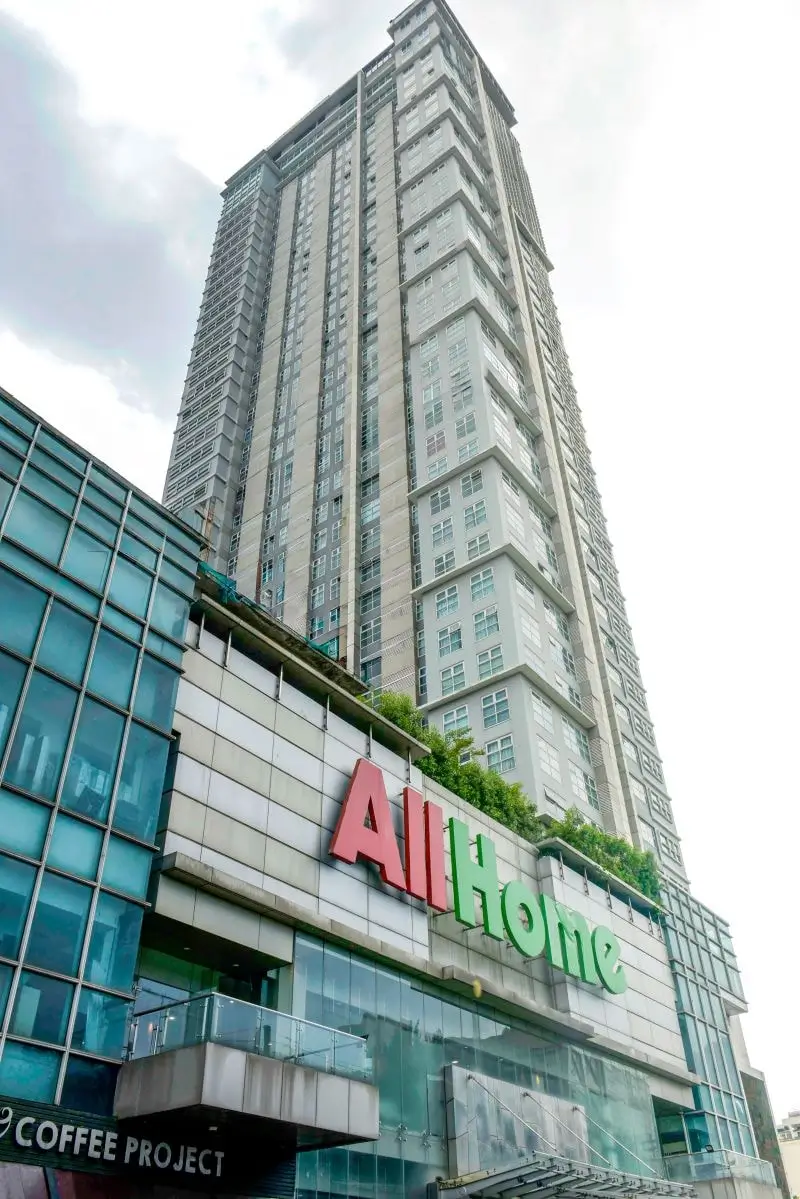Retirement marks a significant milestone in one's life, particularly for Overseas Filipino Workers, who have spent years dedicating their time and effort to secure their future and support their families. For retired OFWs considering a life overseas, it's essential to navigate this transition thoughtfully and strategically. Whether opting for a serene beachside retreat or a bustling city abroad, a comprehensive retirement checklist becomes invaluable in ensuring a smooth transition and maximizing the joys of retired life. From financial considerations to cultural adjustments and healthcare provisions, this article serves as a guide for retired OFW embarking on their next chapter, offering essential insights to help navigate the complexities of retiring overseas.
Financial Preparation
Retiring overseas as a Filipino worker necessitates careful financial planning to ensure a comfortable and stress-free transition into retirement life. The following steps outline essential considerations for managing money effectively:
A. Assessing Retirement Funds and Sources of Income
- Take stock of your retirement savings, including contributions to the Social Security System (SSS) or Government Service Insurance System (GSIS), as well as any private pension plans or retirement accounts.
- Calculate your expected monthly income in retirement, factoring in pensions, investments, rental income, and any other sources of revenue.
- Consider consulting a financial advisor to review your retirement portfolio and develop a sustainable withdrawal strategy.
B. Understanding Currency Exchange Rates and Managing Finances Abroad
- Familiarize yourself with the currency exchange rates between the Philippine peso and the currency of your retirement destination.
- Explore options for transferring funds internationally, such as wire transfers, online remittance services, or setting up local bank accounts in the retirement country.
- Monitor exchange rate fluctuations and consider using hedging strategies to mitigate currency risk.
C. Establishing a Budget for Living Expenses and Leisure Activities
- Create a comprehensive budget that accounts for essential living expenses, including housing, utilities, groceries, transportation, and healthcare, before you spend them.
- Factor in discretionary spending for leisure activities, dining out, travel, and entertainment.
- Be mindful of potential differences in the cost of living between the Philippines and your retirement destination and adjust your budget accordingly.
- Regularly review and adjust your budget as circumstances change, ensuring that you maintain financial stability throughout your retirement years.
Housing and accommodation
Retirement often involves a reassessment of living arrangements, particularly for overseas Filipino workers (OFWs) considering a move overseas. Exploring housing options is a crucial step in ensuring a comfortable and fulfilling retirement experience.
A. Exploring Housing Options
Begin by researching the various housing options available in your chosen retirement destination. Options may include renting an apartment or house, purchasing a RFO condo in Manila or property, or joining retirement communities tailored to expatriates. Consider factors such as proximity to amenities, safety, and accessibility when evaluating different housing options.
B. Understanding Rental or Property Purchase Processes
If you're considering renting or buying property abroad, familiarize yourself with the local laws and procedures governing real estate transactions. Seek assistance from reputable real estate agents or legal professionals who can guide you through the process and ensure that your rights as a buyer or renter are protected.
C. Ensuring Accessibility and Safety Features
As you evaluate potential housing sale options, prioritize accessibility and safety features to accommodate any mobility issues or health concerns that may arise in retirement. Look for properties with wheelchair ramps, handrails, and other accessibility features, as well as secure neighborhoods with reliable emergency services.
Healthcare Planning
Retiring overseas as a Filipino worker necessitates meticulous planning, especially when it comes to healthcare. Here's a comprehensive guide to help navigate this crucial aspect of retirement abroad:
A. Researching Healthcare Options
- Begin by researching the healthcare system in your chosen retirement destination. Understand how it operates, its quality, payment, benefits, and accessibility.
- Explore healthcare insurance options tailored for expatriates. Look for plans that offer comprehensive coverage for medical emergencies, routine check-ups, and specialized treatments.
- Consider factors such as premiums, deductibles, coverage limits, and exclusions when comparing insurance policies. Ensure that the plan aligns with your healthcare needs and budget.
B. Obtaining Necessary Vaccinations and Medical Records
- Check the vaccination requirements for your chosen retirement destination. Some countries may require specific vaccinations before entry or residency.
- Schedule appointments with healthcare providers to update your vaccinations according to international standards.
- Gather copies of your medical records, including past treatments, surgeries, and ongoing medications. These records will be essential for coordinating your healthcare abroad and ensuring continuity of care.
C. Establishing Relationships with Local Healthcare Providers
- Upon arrival at your retirement destination, take the time to familiarize yourself with the local healthcare facilities and providers.
- Seek recommendations from fellow expatriates, local community members, or online forums to find reputable doctors, hospitals, and clinics.
- Schedule a meet-and-greet appointment with potential healthcare providers to discuss your medical history, preferences, and any ongoing healthcare needs. Building a rapport with local healthcare professionals will ensure personalized care and peace of mind during your retirement abroad.
Family and personal matters
Retirement isn't just a personal journey; it often involves significant adjustments for family members as well. Communication plays a vital role in ensuring a smooth transition for everyone involved. Start by openly discussing your plans with your family members before you retire, including your spouse, children, and other close relatives. Address any concerns they may have and involve them in decision-making processes where appropriate.
Additionally, consider any caregiving responsibilities or support you may need to provide for aging parents or other dependents. Develop a plan for their care and support, whether it involves arranging for in-home care services, exploring retirement communities, or coordinating with other family members to share responsibilities.
On a personal level, retirement presents an opportunity to pursue hobbies, interests, and passions that may have taken a backseat during your working years. Take the time to reflect on what brings you joy and fulfillment, whether it's traveling, volunteering, pursuing creative endeavors, or simply spending quality time with loved ones. Embrace this newfound freedom and make the most of your retirement years by prioritizing activities that nourish your soul and bring meaning to your life.










